Pakistan has done enough for everyone, will not do more: DG ISPR
Ghafoor chooses not to respond to accusations of army's involvement in Nawaz Sharif's ouster
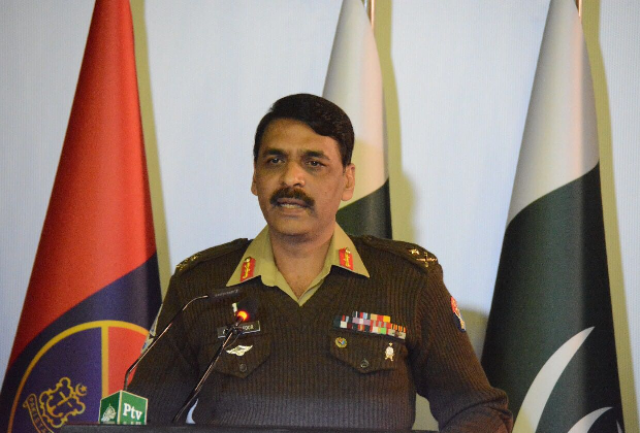
PHOTO: FILE
In what appears to be a policy decision, the unusually candid statement – coming from Maj Gen Asif Ghafoor, the chief military spokesperson – suggests that Pakistan would not accept any further US demands – something that can potentially unravel ties between Islamabad and Washington.
In recent weeks, senior Trump administration officials have repeatedly called on Pakistan to demonstrate that it was sincere in tackling the problem of terrorism.
But the harshest comment came from Vice President Mike Pence who, during his recent stopover in Afghanistan, claimed that President Trump had put “Pakistan on notice”.
Responding to the oft-repeated allegations that Pakistan is not doing enough in the war against terrorism, Maj Gen Ghafoor said at a news conference that there was no organised infrastructure of any terrorist outfit inside Pakistan.
“We have fought an imposed and imported war twice in Pakistan, and now we cannot do any more for anyone," said the Director-General of the Inter-Services Public Relations (ISPR) in his opening remarks at the news conference.
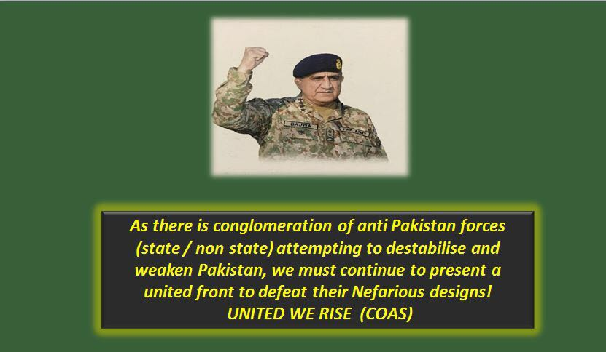
The fact that he read out the statement in English suggests that it was meant for conveying a message to the US and its allies that Islamabad could not be bullied any further.
Hitting back at the critics, Maj Gen Ghafoor insisted that it was time for the US and Afghanistan to do more for Pakistan.
“The US needs to check India’s anti-Pakistan role not only from inside of Afghanistan but also through the enhanced and increased ceasefire violations along the LoC [Line of Control] and the Working Boundary so that Pakistan remains focused on peace not only in Pakistan but beyond,” he said.
Listing a number of steps that Pakistan has taken to eliminate terror infrastructure on its soil, the military spokesperson even responded to the oft-repeated allegations against Pakistan for harbouring the Haqqani network.
He said such questions might be relevant until Pakistan launched a ground offensive in North Waziristan in June 2014. “But after the successful operation, no one can now ask or raise any doubts about Pakistan’s commitment to fight this menace,” he said.
He said Pakistan not only eliminated terrorist sanctuaries but also strengthened border controls through fencing and other measures to stop terrorists’ infiltration.
DG ISPR ‘disappointed’ by Ahsan’s statement, ‘stands by’ his comments
“What else we can do?” he asked and then himself answered by saying, “This is the turn and time for Afghanistan and the US to do more instead of asking Pakistan.”
Responding to threats of unilateral action by the US, the ISPR director-general made it clear that no amount of ‘coercion’ could work.
“Let it be known to all misadventure seekers and probably naive thinkers that notwithstanding any temporary domestic differences, when it comes to security of our beloved Pakistan, we all are one,” he stressed.
Perhaps mindful of the implications of any confrontation with the US, Maj Gen Ghafoor emphasised that Pakistan and the US ‘are friends and allies”.
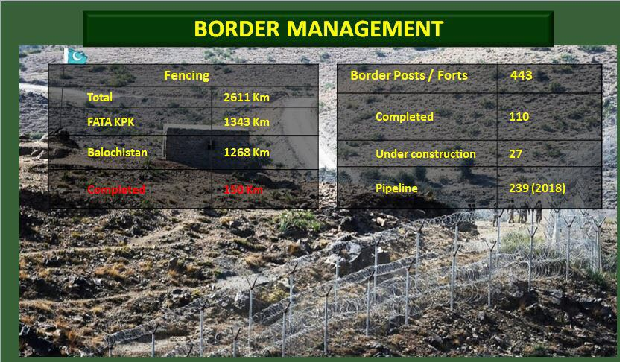
“We need to work together,” he insisted, saying enduring peace in the region could only be achieved through engagement and cooperation.
When asked to comment on the track record of President Donald Trump for translating his rhetoric into reality, the ISPR chief was confident that the US would not resort to any such action.
“Announcing a policy is one thing but its implementation is another,” he said, referring to the recent pronouncements by President Trump about Pakistan.
Political affairs
The spokesperson refused to comment on the repeated allegations by deposed prime minister Nawaz Sharif that he was removed through a conspiracy in an apparent reference to the involvement of the security establishment.
"We will maintain our silence on the matter, as Pakistan's armed forces are well aware of the threats and challenges we are facing and our achievements against them… thus we will not be distracted," he said.
"Political activity is ongoing. It is for the people to decide if there is any conspiracy in the country; and if they believe there is one, they should tell us what it is," he added.
However, he took strong exception to the statement of Railways Minister Khawaja Saad Rafiq, who suggested that some junior army officers might not be following the orders of Army Chief Gen Qamar Javed Bajwa.
“It doesn’t appear to be an unintended statement. This is very irresponsible and unwarranted because you are targeting the chain of command and subordination system of the Pakistan army,” he said. “The army is a disciplined and organised institution and that on a single order of the army chief, the entire institution comes into action,” he added.
“Pakistan army is an institution which takes pride in its institutional mechanism,” said the military’s spokesperson, adding that the army took the minister’s statement with concern and it should not have been made.
He went on to add that when the army was operating well within the confines of the Constitution, then it was also the responsibility of every individual to work accordingly.
He also dispelled the impression that the army or the Inter-Services Intelligence (ISI) was the guarantor to an agreement between the government and protesters from a religious group that blocked the Faizabad Interchange last month.
He insisted that the ISI was an instrument of the prime minister who, along with the army chief, gave it the task to end the sit-in. He also played down the controversy surrounding the DG Rangers Punjab distributing money among the protesters.
“Who would have so naïve to do such things publically if they had had any sinister design,” he said, adding that the financial assistance to a few individuals was done purely on humanitarian basis.
About the recent statement of former military ruler Gen (retd) Pervez Musharraf, the spokesperson said he could not comment on his remarks. However, he emphasised that there were no rouge elements within the security establishment.
Progress on war on terror
Sharing details of the fight against terrorism, Maj Gen Ghafoor said there had been a considerable improvement in the overall security situation in the country since 2013.
He said as part of Operation Radd-ul-Fasaad, security forces had conducted thousands of intelligence-based operations across the country as a result of which the number of terrorist incidents had gone down.
He also said the law and order situation in Karachi had improved significantly since 2013.
The DG ISPR also told reporters that in one of the recent meetings of the National Security Committee, the army chief had suggested to the government to launch a ‘Khushaal Balochistan’ scheme.
He said the scheme would have a four-pronged strategy including expediting the current development work; providing security to the projects through the army; going against the terrorists; and denying space to those who mislead the Baloch population.
Maj Gen Ghafoor said Pakistan’s prosperity was linked to the development of Balochistan.


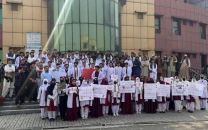



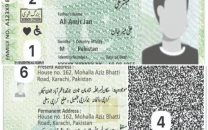


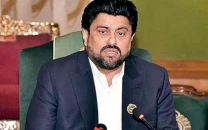
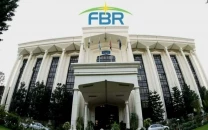
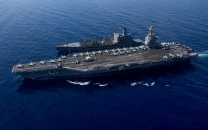


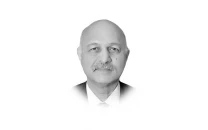




COMMENTS
Comments are moderated and generally will be posted if they are on-topic and not abusive.
For more information, please see our Comments FAQ